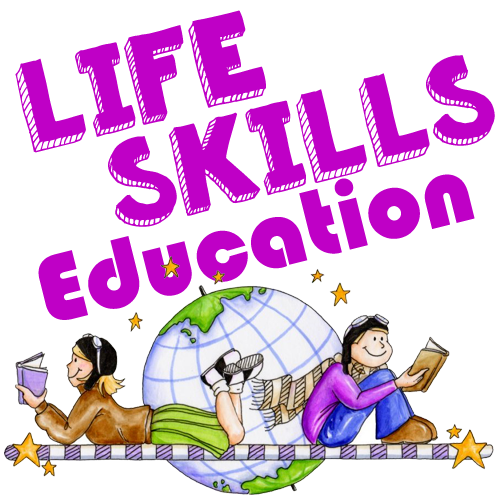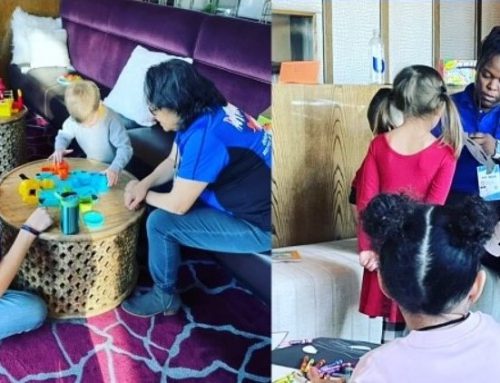Life Skills Education!

There are many ways to educate your children, aside from school work, while they are at home, such as teaching them some basic life skills, all of which will serve to make their school work more palatable.
Below are some examples. Watch this space for specific projects for each in the coming days.
1. Basic cooking.
Start with safety around the kitchen (even hot water from the faucet could be harmful).
Pick something simple and easy to make/bake that they like and slowly go through each step, explaining what you are doing along the way. Let them help you prepare a meal, and explain measurements and why the order of the recipe is the way it is. You can even sneak in some math and reading along the way (they can help calculate how many cups/ounces, etc.).
Then show them how to clean up, explaining how soap separates oil, dirt, etc. from surfaces—and tying that lesson to washing hands!
2. Doing Laundry.
Explain how wonderful soap not only works in the kitchen and on hands for the virus, but can also make clothes clean. Let them pick the dirty clothes to wash and then how them (if they are old enough) how to load a washing machine, use the soap and set the dials. Once the wash is done, explain which clothes go in the dryer and for how long. Show them these settings, too, and let them load and start the dryer.
Once the laundry is done, teach them how to fold the clean clothes and put them away!
3. Basic Money Sense.
Depending on the ages of your children, you can go over all the various denominations of money. It would be fun to explain where each coin or paper currency originated (which Federal Reserve Bank—denominated by a letter on the front of a bill) and then look on a map where that city is (there are 12 Federal Reserve Banks). Play some games where you set up a store, discuss prices for items you have at home, and then buy them from your children and have them give you change (math and understanding money).
You can also explain what a bank does (takes deposits, puts everyone’s money together into a larger pool of money, invests the money in various projects—mortgages for people’s houses, commercial buildings, other companies, etc., and then pays some of what it earns on these projects back to the people who deposited the money as interest.
4. Basic Conversation.
Unless someone teaches a child how to have a basic conversation, they may never learn the social cues to which they should pay attention or how to “win friends and influencer enemies”! Start with teaching them to shake hands, firmly, and looking the other person in the eyes. Teach them to introduce themselves. Have a conversation with small talk and gently suggest how them might ask questions about the other person, and humble ways to offer information about themselves. This might not only help them gain friends, but explain how much there is to learn from others!
We’ll be providing more specifics on each of the above as well as more things you can do with your children at home to continue their life skills education!









